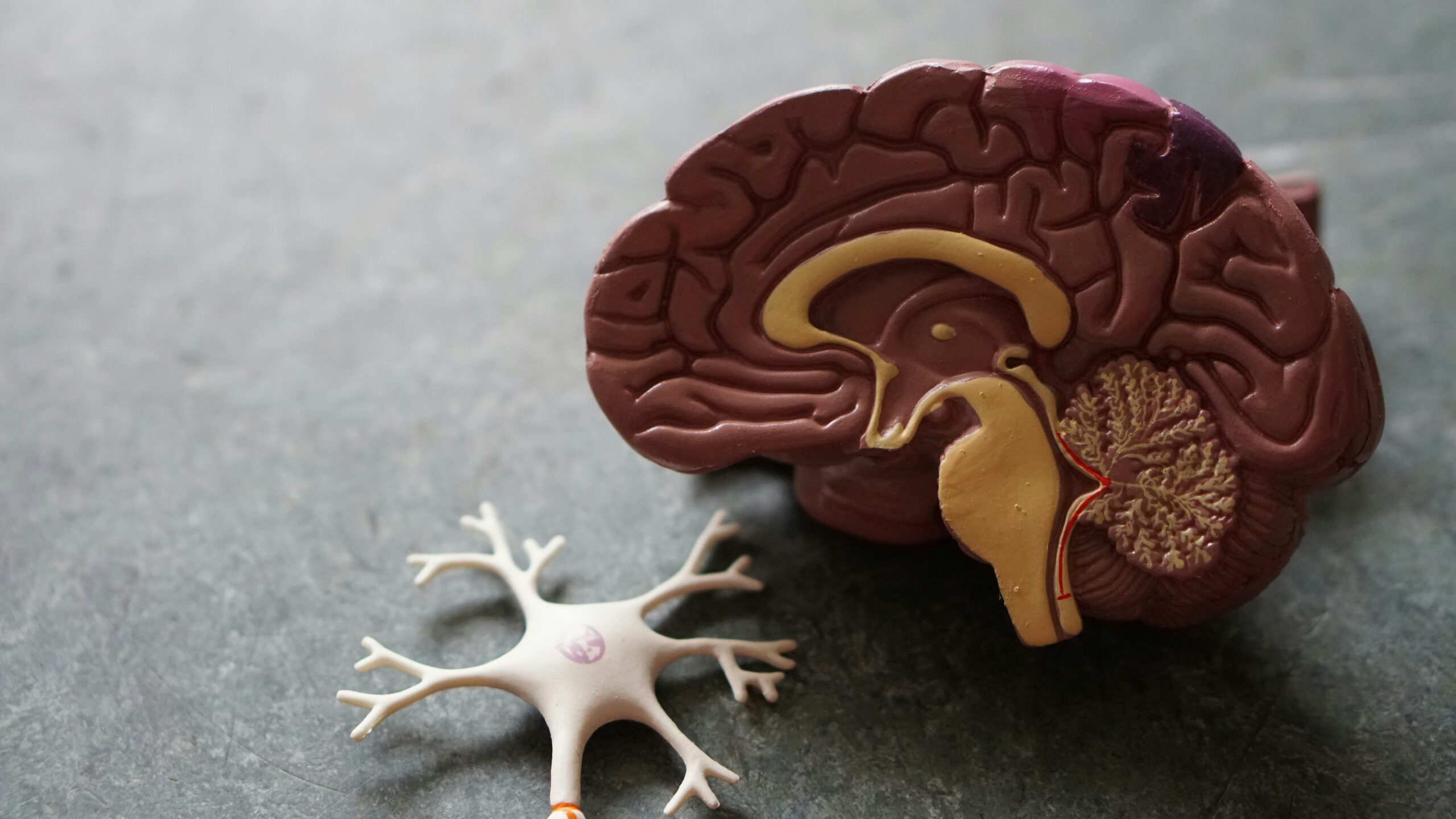A groundbreaking study published in Nature Neuroscience suggests that the memory and concentration problems experienced by individuals with long-term COVID-19, often referred to as “brain fog,” may be due to damaged blood vessels in the brain. The research, led by Matthew Campbell, a geneticist at Trinity College Dublin in Ireland, sheds light on the biological basis of this debilitating symptom.
Using MRI scans, the research team discovered signs of damaged blood vessels in the brains of patients experiencing brain fog. Dye injected into the bloodstream leaks into the brain and accumulates in areas responsible for language, memory, mood, and vision. This leakage suggests a breakdown of the blood-brain barrier, the protective layer that normally prevents unwanted substances from entering the brain.
According to Campbell, brain fog can manifest as a slowdown in thinking or difficulty recalling short-term memories. For individuals affected by this symptom, everyday tasks such as driving may become challenging, leading to feelings of panic.
The study, which included participants who had recovered from COVID-19 and those with persistent symptoms of long-term COVID-19, found that brain fog was associated with increased blood-brain barrier permeability. In individuals with brain fog, the injected dye escaped blood vessels and entered brain tissue, indicating significant barrier disruption.
These findings highlight the importance of recognizing the biological basis of long COVID symptoms, particularly brain fog, which may be overlooked or discounted by healthcare professionals. Avindra Nath, a neurologist at the National Institutes of Health, emphasizes the need for further research to explore potential therapies to preserve or restore the integrity of the blood-brain barrier.
The discovery of a link between brain fog and damaged blood vessels opens new avenues for therapeutic interventions, offering hope to individuals grappling with long COVID-related cognitive impairment.

































